Downloadable: A Different Light – 15 February 2025 – Disability Reforms could hinder true progress
When the Government announced changes, restraint and cutbacks for the disability sector in March and September last year, the disability community was outraged. One of the elements of the announcements that was particularly inflammatory was that there was absolutely no consultation. Now the newly minted DSS unit (Disability Support Services) within the Ministry of Social Development are embarking on a review of the assessment process and the rules for Flexible Funding. This time there is widespread consultation.
The consultation model they are using is a bit like Assisted Consultation. There is a discussion document that proposes the types of changes they are looking at making. Admittedly there are opportunities for open ended input to be able to put forward alternative ideas. However it is quite focused on the proposed options. While these options on the surface appear to be a measured approach there are areas of concern about how these options are implemented. One of these proposals is to have outcomes that would be imbedded in Individual Plans that are developed through the Needs Assessment Service Coordination process. One of the questions in the discussion document is “Do you have any suggestions on how flexible funding can be used to allow disabled people and carers as much choice, control and flexibility as possible, while still providing transparency and assurance the funding is being used effectively, and is supporting outcomes?”
The underling inference for this is that people may have to achieve their outcomes in the future in order for their supports to continue in the same fashion. It suggests that there should be a component of progression and improvement in the plan that is developed after an assessment that outlines how funding is to be used. If that is the case it’s quite a medical modelled approach in that it tries to fix the disabled person’s impairment rather than a social model of disability approach. This approach’s intent is to make a disabled person’s environment less disabling through providing appropriate supports. A lot of the time a person’s impairment is a consent component in their life or can fluctuate. It’s similar to an ACC plan where people are asked to set goals to monitor their rehabilitation from an injury. It’s not comparable to a permanent disability.
Another proposal they are seeking feedback from is the notion that Individualised Funding through Flexible Funding will only be available to use to purchase services or supports from contracted Service Providers. The whole point of Individual Funding and Flexible Funding was to put the disabled person and their whanau in control of who would be providing their supports and how they wanted the support to be. The proposal states that there would still be an advantage to using Flexible Funding in this way but it’s hard to imagine what those advantages would be. In some parts of Tai Tokerau there are no Service Providers at all.
While this consultation round is somewhat prescriptive there is still the opportunity for open ended feedback. I encourage the disabled community to actively engage with this feedback and to think about how their supports can be delivered that supports their specific needs and lifestyle. Information on this consultation round can be found on the DSS website which is www.disabilitysupport.govt.nz
